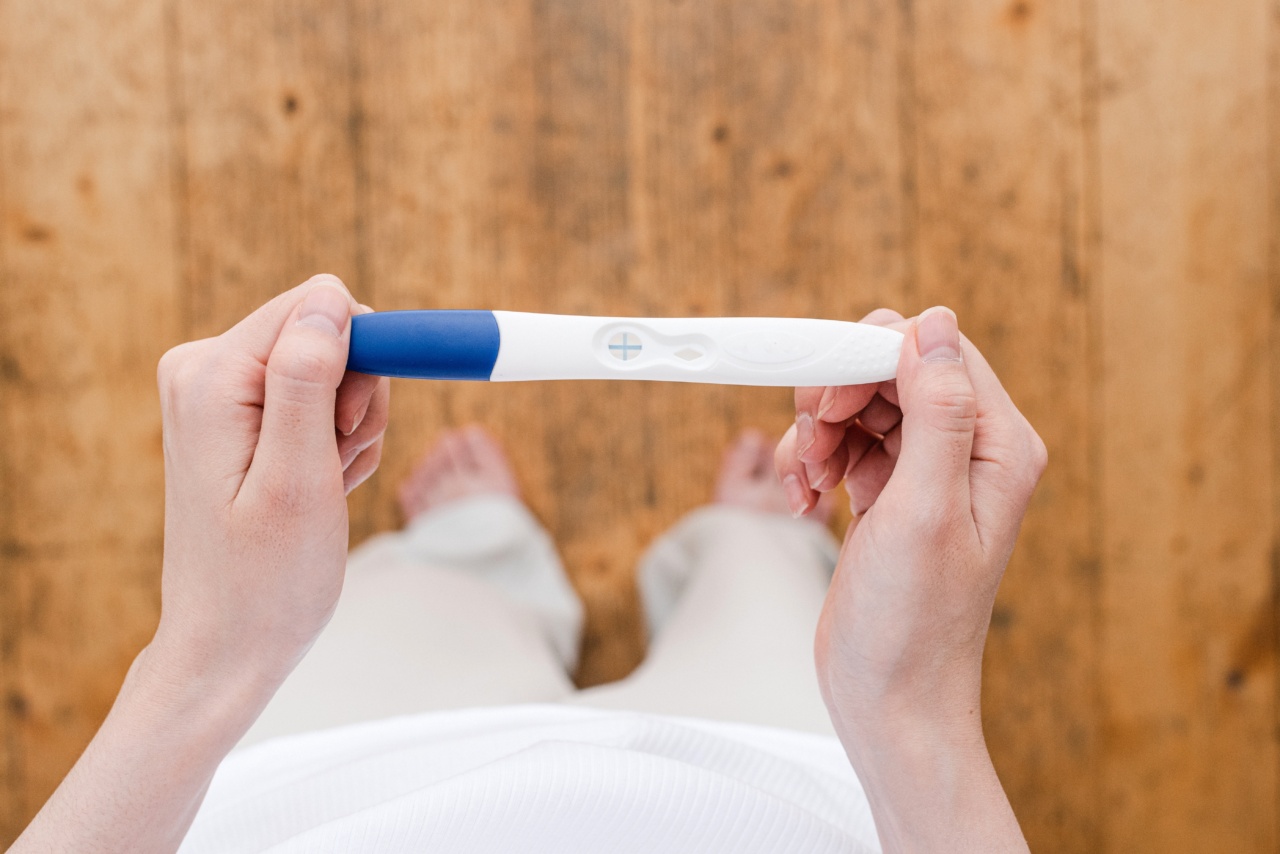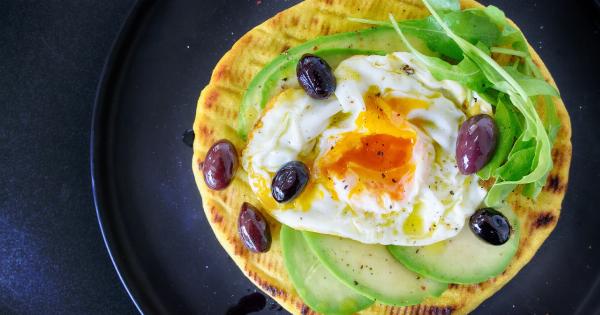When it comes to our daily diet, bread has been a staple food for centuries. From sandwiches to toast, bread is a versatile and satisfying option.
However, lately, more and more people are opting to go bread-free in an effort to improve their health and well-being. If you’re considering eliminating bread from your diet, here are 5 key things to anticipate:.
1. Weight Loss
One of the most noticeable results of a bread-free diet is weight loss. Many bread products are high in carbohydrates and low in fiber, which can lead to weight gain when consumed in excess.
By eliminating bread, you eliminate a significant source of calories and carbohydrates from your daily intake. This reduction in calories can create a calorie deficit, ultimately leading to weight loss.
2. Improved Digestion
Bread, particularly refined bread made with white flour, can be difficult to digest for some individuals. This can lead to bloating, discomfort, and even digestive issues such as constipation or diarrhea.
By removing bread from your diet, you may experience improved digestion and fewer digestive complaints. Instead, focus on consuming more fiber-rich foods like fruits, vegetables, and whole grains.
3. Steady Blood Sugar Levels
Bread, especially those made with refined flour, can cause a rapid spike in blood sugar levels. This can lead to energy crashes, feelings of fatigue, and increased hunger shortly after consuming bread.
By going bread-free, you can stabilize your blood sugar levels, leading to more sustained energy throughout the day and reduced cravings.
4. Better Skin Health
Although more research is needed, some individuals report improvements in their skin health after eliminating bread from their diet.
Bread can be a potential trigger for skin issues like acne and eczema due to its high glycemic index and potential inflammatory properties. Removing bread from your diet may help reduce inflammation and improve overall skin health.
5. Increased Variety in Your Diet
By eliminating bread from your diet, you create space for experimenting with a wider range of nutrient-dense foods.
Instead of relying on bread as a filler or base for meals, you can explore alternative options like quinoa, sweet potatoes, cauliflower rice, or zucchini noodles. This allows for a more diverse and nutrient-rich diet, which can have numerous health benefits.
While going bread-free can have its advantages, it’s important to remember that not all types of bread are created equal.
Whole grain bread, sprouted grain bread, or bread made from natural sourdough fermentation may offer more health benefits compared to highly processed and refined bread.
Remember, it’s always a good idea to consult with a healthcare professional or registered dietitian before making any significant dietary changes to ensure it aligns with your individual nutritional needs and goals.



























